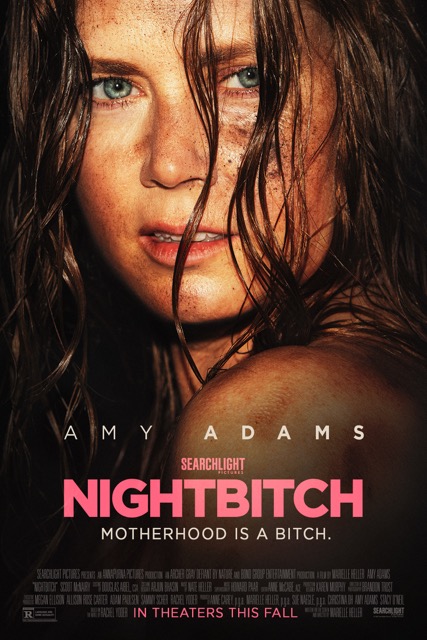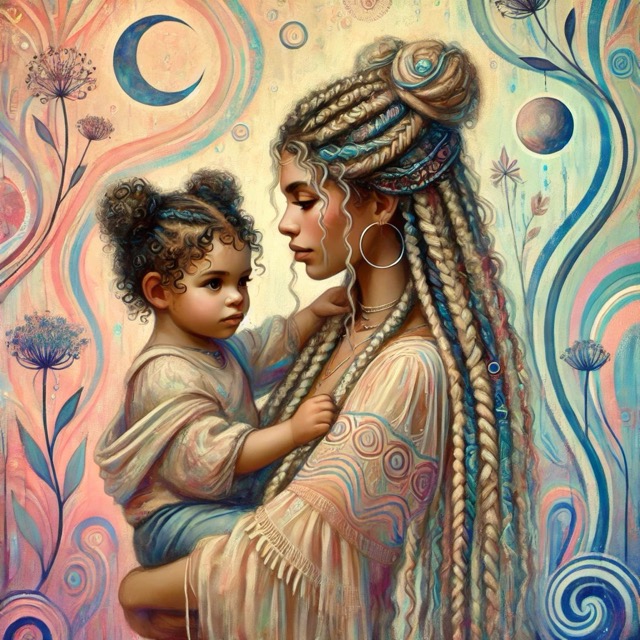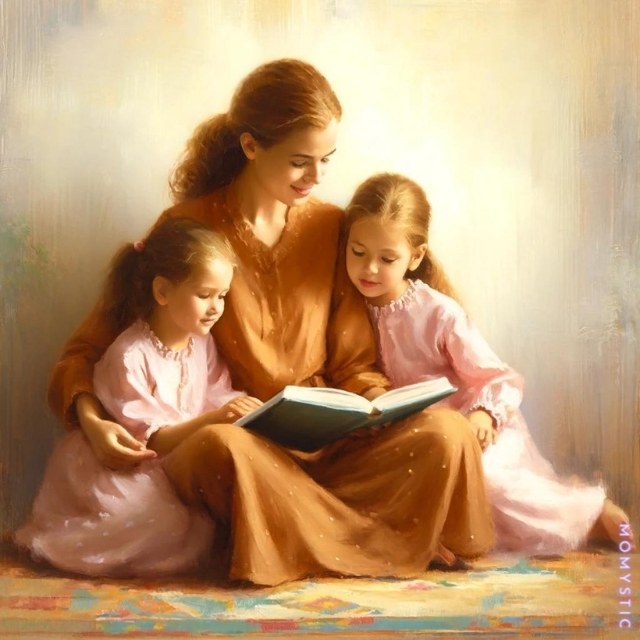Nightbitch: A Bold Dive into Motherhood’s Untold Realities

The film Nightbitch, starring Amy Adams and directed by Marielle Heller, explores motherhood in a way that’s raw, surreal, and deeply personal. Premiered at the Toronto International Film Festival, Nightbitch draws from both the bestseller by Rachel Yoder and the personal experiences of its creators, offering an unapologetic portrayal of the complexities of early motherhood. It’s a movie that captures both the beauty and brutality of a mother’s journey, with a surreal twist that emphasizes the often-overlooked primal, animalistic instincts that can arise.

At the heart of Nightbitch is Adams’ character, known only as “Mother.” As she grapples with the demands of caring for a newborn while her husband frequently travels for work, Mother’s experience becomes a haunting reflection of isolation, resentment, and suppressed desires. The film veers into the surreal as Mother’s frustrations evolve into something primal—complete with animalistic urges and powers, turning her struggle into a metaphorical transformation that many women might recognize but rarely speak of.
Amy Adams and Marielle Heller’s connection to the film is deeply personal. Adams, a six-time Oscar nominee and a mother herself, explains that playing the role was not a transformation for her. Instead, it was a reflection of her own experiences. “I just met her where I was at,” Adams shared, drawing from her own postpartum journey, which she described as difficult and filled with identity loss. The movie became an outlet for expressing emotions that often go unspoken.
Heller, who wrote the screenplay while raising her second child, was similarly inspired by her own tumultuous experience of early motherhood. Writing during her daughter’s nap times, she used the process to release the frustrations and exhaustion she felt during that period. The film’s realness comes from this deeply personal approach, which both Adams and Heller leaned into, making Nightbitch a form of catharsis for the filmmakers.
The film also offers biting commentary on gender roles, especially within the context of child-rearing. Despite being in an equitable marriage, Heller noted that the pressures of raising children can often bring out traditional gender roles that were previously absent. This dynamic is showcased in Nightbitch through passive-aggressive exchanges between Adams’ character and her husband, adding a layer of domestic tension to the film’s horror-comedy atmosphere.
While the movie promises to resonate deeply with mothers, its impact on male audiences may be more varied. Heller recalls sharing the script with male colleagues, who found the film’s honest depiction of motherhood both shocking and unsettling. In contrast, the women she shared it with found humor and understanding in the dark, often taboo subject matter.
More than just a feminist film, Nightbitch touches on broader issues of bodily autonomy and women’s rights, which are particularly relevant in today’s political climate. Heller and Adams both emphasize the importance of these discussions, especially as Adams looks forward to her daughter reaching voting age in a few years. For Adams, Nightbitch serves as a conversation starter about women’s issues, autonomy, and the future her daughter’s generation will shape.
Nightbitch is set to hit theaters on December 6, and it promises to be a film that’s as thought-provoking as it is unsettling. For Adams and Heller, it’s more than just a movie—it’s a reflection of their own lives, a bold expression of the truths of motherhood, and a defiant statement about women’s place in society today
Read the full APNews article here.





Responses